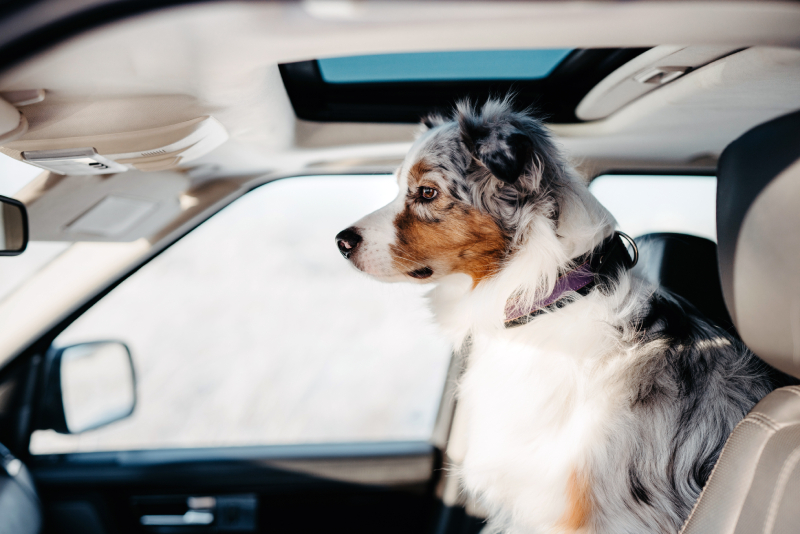With the weather reaching its summer highs, Del Valle Pet Hospital wants to make sure that you and your family remain safe. Each year, an average of 37 children and hundreds of pets die due to car-related heat stroke. Tragically, nearly all of these are preventable.
Even on mild days temperatures soar inside vehicles, often rising more than 20F in minutes and continuing until reaching staggering numbers. On 90F day, car temperatures can reach well above 135F, entering fatally hot numbers within an hour. Because of their smaller bodies and poor cooling mechanisms, pets and children heat up much faster than adults, allowing heatstroke to occur quickly. Symptoms rapidly progress from flushed, dry skin, to vomiting and seizures, organ failure and death. Precautions like cracking a window or leaving drinking water in the car are woefully ineffective. It is never acceptable to leave your child or pet alone in a car.
As a bystander, if you see a pet or child alone in vehicle, call 911 immediately. Emergency personnel are trained to handle these situations, but the time it takes for them arrive could be the difference between life and death.
If you have questions for your Del Valle Pet Hospital veterinarian, stop by our veterinary hospital in Livermore or call (925) 443-6000 to schedule an appointment.


